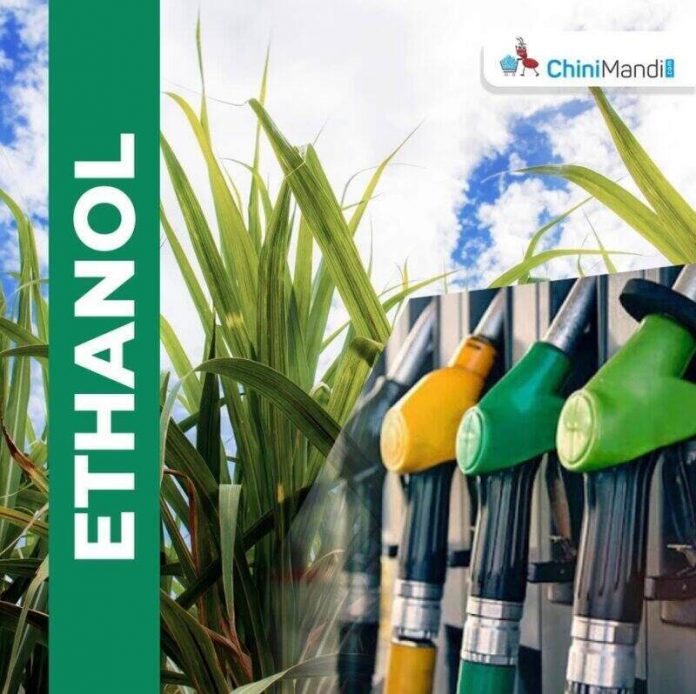According to the Rameswar Teli, Minister of State for Petroleum and Natural Gas, the country’s first biorefinery unit for producing bioethanol from bamboo is expected to be ready in Assam by October, reports The Hindu.
He was speaking at ‘Evolve-2023’, an international e-mobility and alternative fuels conference organized by the Kerala Motor Vehicles Department.
“The work on the bioethanol production is progressing at the public sector Numaligarh refinery in Assam,” Mr.Teli said.
“’It will be the country’s first unit for producing ethanol from bamboo. We have achieved 12% ethanol blending at present and we have set a target of achieving 20% blending by 2025,” Minister added.
“India is importing 83% of the total crude oil requirement and we aim to lower this dependency by promoting the use of alternative fuels,” he concuded.
Growth of ethanol as biofuel sector in last 5 years has amply supported the sugar sector as diversion of sugar to ethanol has led to better financial positions of sugar mills due to faster payments, reduced working capital requirements and less blockage of funds due to less surplus sugar with mills. During 2021-22, revenue of more than ₹ 20,000 crore has been made by sugar mills/distilleries from sale of ethanol which has also played its role in early clearance of cane dues of farmers.
Ethanol production capacity of molasses/sugar-based distilleries has increased to 683 crore litres per annum and the progress is still continuing to meet targets of 20% blending by 2025 under Ethanol Blending with Petrol (EBP) Programme. In new season, the diversion of sugar to ethanol is expected to increase from 36 LMT to 50 LMT which would generate revenue for sugar mills amounting to about ₹ 25,000 crores. The Ethanol Blending Programme has saved foreign exchange as well as strengthen energy security of the country. By 2025, it is targeted to divert more than 60 LMT of excess sugar to ethanol, which would solve the problem of high inventories of sugar, improve liquidity of mills thereby help in timely payment of cane dues of farmers and will also generate employment opportunities in rural areas.












